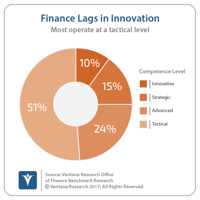
The early days of my career were spent in HR and payroll systems inside brokerage houses and investment banks. The first CHRO I reported to thought the best way to develop a plan for automating payroll management was for me to run the function’s day-to-day operations. I had no previous experience in payroll but it was a good call, as the trenches of any operations area typically reveal a cornucopia of automation opportunities. Then again, it was a different time; back then the words strategy,...
Topics: Human Capital Management, HRMS, Workforce Management, Digital Technology, Work and Resource Management, Machine Learning and Cognitive Computing, Payroll Optimization, Artificial intelligence, Total Compensation Management, RPA, employee experience, Chatbots, Personalization, Predictive HCM










